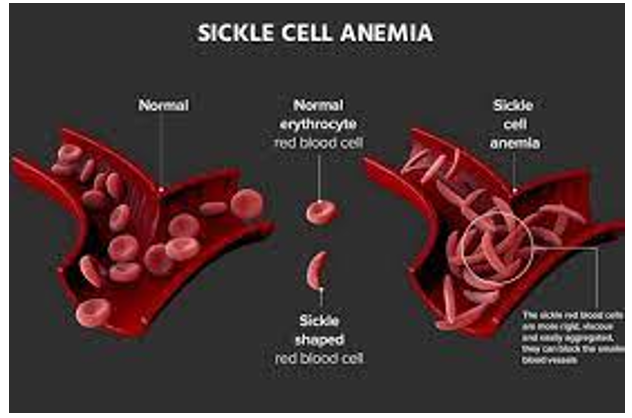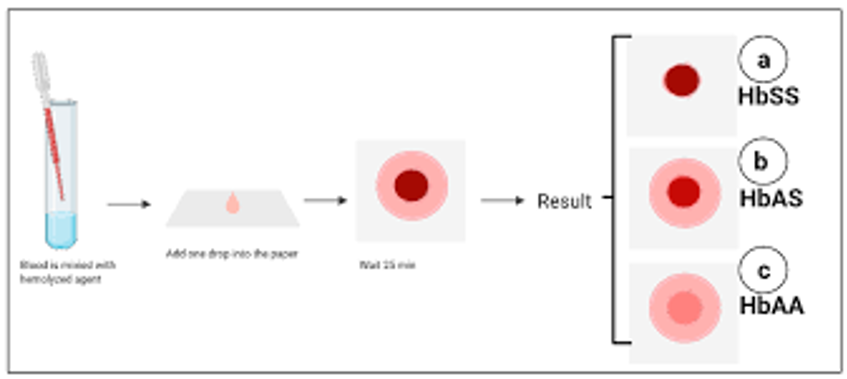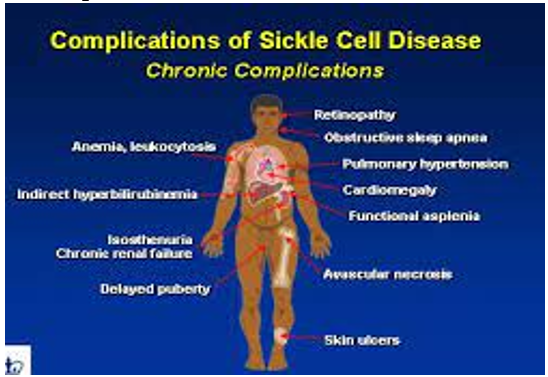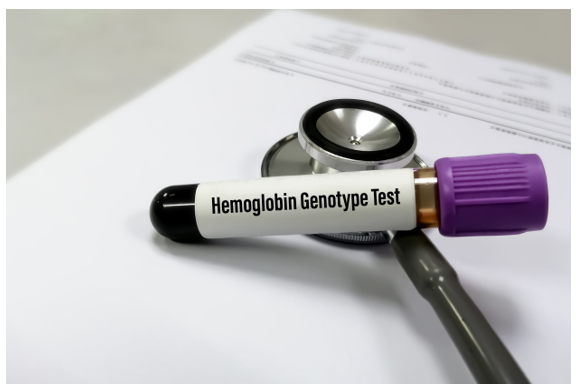Sickle Cell Trait
About
Sickle Cell Trait
Sickle cell trait (SCT) is a genetic condition in which a person carries one normal hemoglobin gene (HbA) and one abnormal hemoglobin gene known as hemoglobin S (HbS). Unlike individuals with sickle cell disease (SCD), people with SCT typically do not experience symptoms associated with the disorder under normal circumstances.
Here are some key points about sickle cell trait:
1. INHERITANCE
- SCT is inherited when one parent passes the HbS gene to their child, and the other parent passes a normal hemoglobin gene (HbA).
- Individuals with SCT are carriers of the sickle cell gene but usually do not exhibit symptoms of sickle cell disease. They are generally healthy and lead normal lives.

2. GENETIC MAKEUP
- SCT is designated as “AS,” indicating that the person has inherited one normal hemoglobin gene (A) and one sickle hemoglobin gene (S).
- Carriers of SCT can pass the HbS gene to their children. If both parents have SCT, there is a 25% chance with each pregnancy that their child will have SCD, a 50% chance the child will be a carrier like the parents, and a 25% chance the child will not have SCT or SCD.

3. COMMONALITY
SCT is relatively common in certain populations, particularly those with origins in regions where malaria is or was prevalent, such as parts of Africa, the Middle East, Mediterranean countries, and India.
The presence of SCT is believed to provide some protection against severe malaria, which has contributed to its prevalence in regions where malaria is endemic.

4. PREGNANCY CONSIDERATIONS
- Pregnant individuals with SCT may have an increased risk of urinary tract infections and bacteriuria during pregnancy. It is essential for healthcare providers to be aware of the mother’s SCT status for proper monitoring during pregnancy.

5. GENETIC COUNSELLING
- Genetic counselling is recommended for individuals with SCT, especially when considering starting a family. Understanding the genetic risks and options for family planning is crucial for making informed decisions.

It’s important for individuals with sickle cell trait to be aware of their status, especially when it comes to family planning and understanding the potential risks associated with the condition. Genetic counselling and education play a vital role in supporting individuals and families with sickle cell trait.
